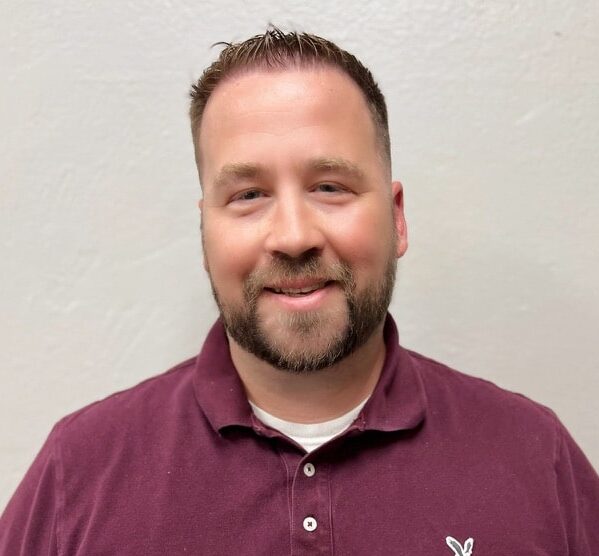
Juvenile Intake
- Notice and Agreement to Appear
- Was my child arrested?
- What to bring?
- What will be discussed?
- Assessment Purpose
- Do we need an attorney?
- Out of control children
- What happens next
- Programs and Group Homes
- Juvenile Hall
My child received a Notice and Agreement to Appear. What happens next?
The youth/parent is mandated to contact the Juvenile Intake and Assessment (JIAS) within 24 hours of the arrest. If staff is not available to take your call, a detailed message may be left.
By speaking with JIAS staff or leaving a message you have fulfilled your requirement to contact JIAS. JIAS staff will attempt to set an appointment time with the family at their earliest convenience.
If your child received a Notice to Appear, he was technically arrested.
What do I need to bring to my appointment?
- The youth accused of the offense.
- At least one parent/guardian.
- The signed NTA form given from law enforcement
What will be discussed during the assessment?
- Relationships and dynamics in the home.
- School grades, attendance and behavior issues.
- Drug and alcohol use history.
- Mental health history.
Your child’s fingerprints, photograph and DNA may be taken according to Kansas State Statute, depending on the type of offense alleged.
What is the purpose of this assessment?
The main goal of this assessment is to highlight the youth’s strengths and identify areas or risk or concern. By doing this, we can focus on providing services to address the needs of the youth and family and hopefully prevent future police contact.
Do we need an attorney present at this assessment?
An attorney is not required at this appointment. However, you are welcome to contact an attorney at any time.
My child is out of control; can you take him away?
The primary goal of the 14th Community Corrections – Juvenile Services (CC-JS) and juvenile justice in Kansas is to prevent those youth from entering the system that don’t need to be in the system. CC-JS can make referrals to certain programs and services to work with you and your child to fix the problem in the community and in your home – which is best practice.
My child just got arrested and I’m really worried, what happens now?
Law enforcement has a number of options at their disposal for handling juvenile cases. One of those options is to issue a juvenile that has been charged with a juvenile offense and their parent/guardian a Notification to Appear that will direct the juvenile and guardian to contact our specially trained juvenile intake and assessment staff within the next business day. It is very important that parents/guardians follow the directions on the Notification to Appear as the job of juvenile intake is to assist the juvenile and the family by determining what areas of risk the juvenile is exposed to.
Are there scared straight or group homes that I can send my child to in Kansas?
Research suggests that exposing a juvenile to other offenders is risky and that actually makes the situation worse, rather than better. Television programs have dramatized the effects of scared straight programs, usually not exposing or identifying the long-term side-effects of sending a juvenile to a program like scared straight. Kansas does not offer programs like these as evidence suggests this is not best practice in juvenile justice. The goal of Kansas juvenile justice programming is to keep the juvenile in the community using evidence-based (programs that have been shown to be effective through research and data gathering) programs.
I think my child needs to be sent to juvenile hall, can you send them?
Kansas calls what you probably refer to as “juvie,” or “juvenile hall” as detention. Detention Centers exist to provide a secure placement for juveniles that pose a significant risk to the community and only in certain instances will juvenile offenders qualify for placement in a secure juvenile detention center.
Contact Us

Director
102 W 7th St – Suite E
Coffeyville, KS 67337
Phone: (620) 332-1340
Hours: Monday – Friday 8am – 5pm

Located on the first floor of Coffeyville City Hall.
